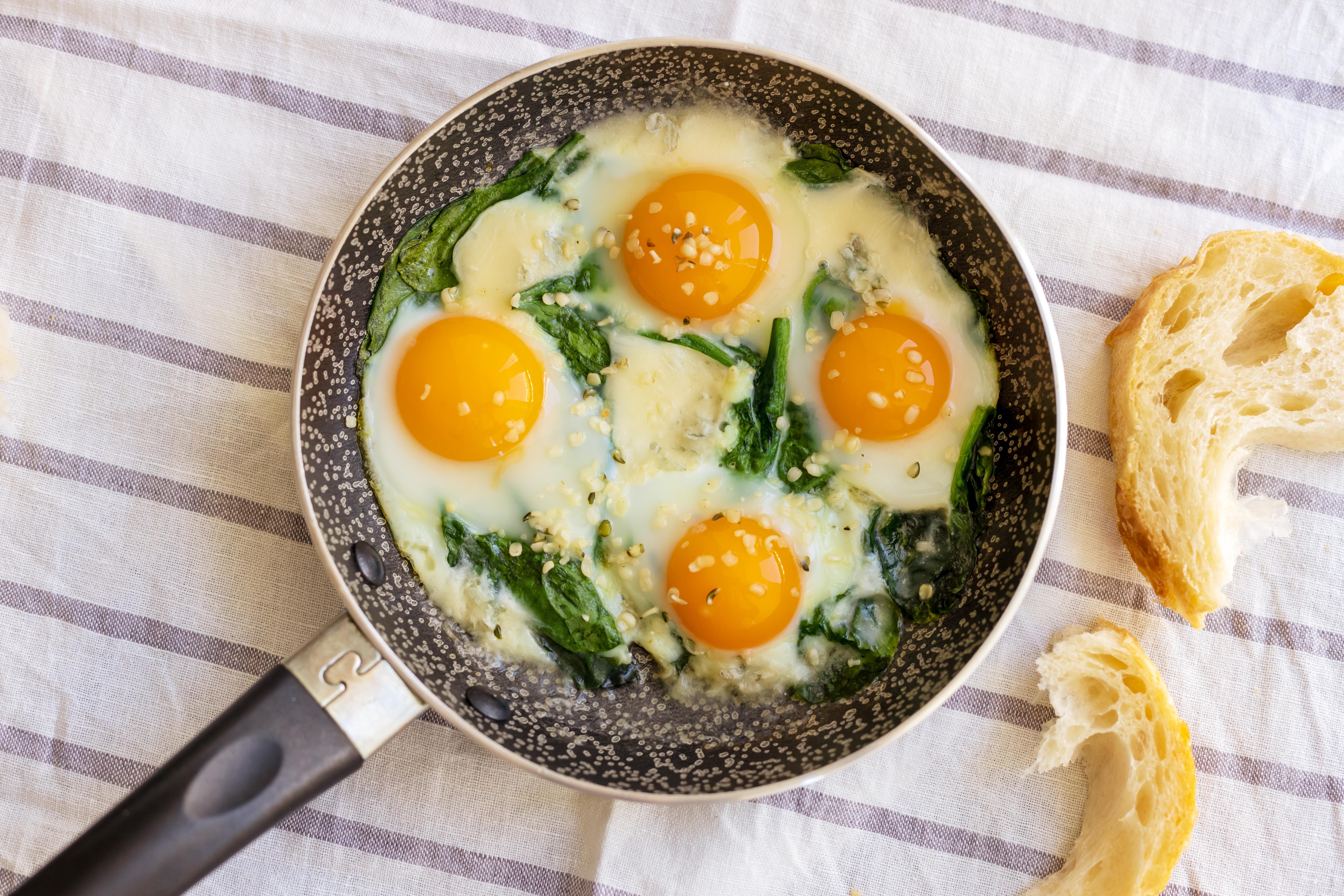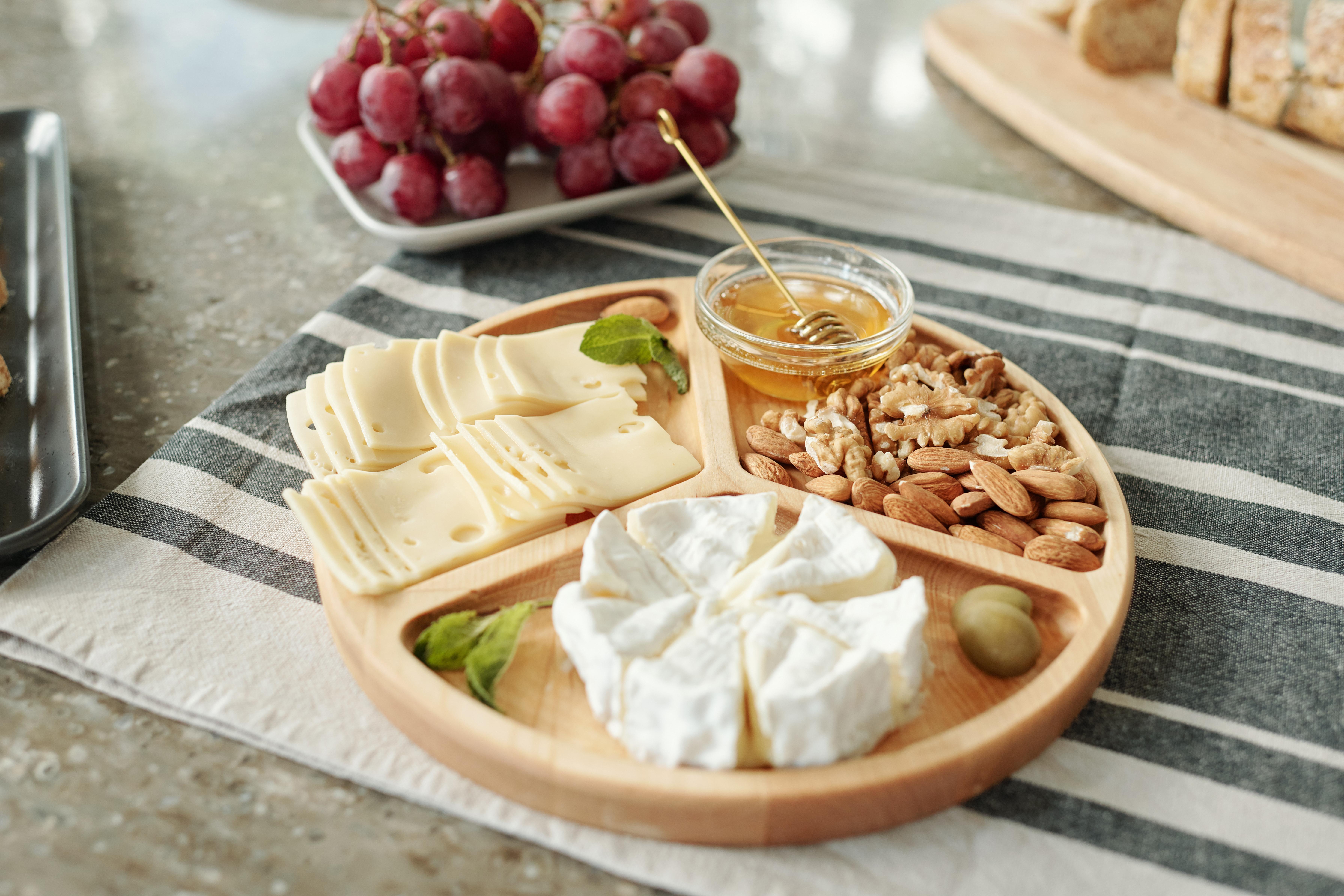11 Seemingly Innocent Foods Secretly Spiking Your Cholesterol
Cholesterol, a waxy substance found in your blood, is essential for building healthy cells. However, too much cholesterol can lead to heart disease, a leading cause of death worldwide. While most people are aware of the usual suspects—like red meat and fried foods—there's a myriad of unsuspecting delights that can stealthily raise your cholesterol levels. This article embarks on a journey to uncover 11 surprising foods and habits that may be secretly sabotaging your health. The importance of cholesterol management cannot be overstated. High cholesterol is often a silent threat, showing no symptoms until it manifests as a serious health issue. This makes it crucial to identify and mitigate unexpected sources of cholesterol in your diet. In this comprehensive exploration, we will delve into each of these surprising delights, examining their nutritional profiles and the science behind their impact on cholesterol levels. From beloved breakfast staples to seemingly innocent snacks, prepare to be surprised by what might be lurking in your pantry.
1. The Breakfast Paradox - Eggs

Eggs have long been a breakfast staple, celebrated for their high protein content and versatility. However, they also contain a significant amount of dietary cholesterol, primarily found in the yolk. One large egg contains about 186 milligrams of cholesterol, which is more than half of the daily recommended intake for healthy individuals. While eggs offer essential nutrients like vitamins B12 and D, and choline, their cholesterol content can be a concern, especially when consumed in excess. Recent studies have sparked debate over the impact of eggs on heart health. Some research suggests that moderate egg consumption does not significantly affect cholesterol levels in most people. However, individuals with certain health conditions, such as diabetes, may experience a stronger response. It's crucial to balance egg consumption with other dietary sources of cholesterol and saturated fats. Incorporating egg whites or plant-based alternatives can help reduce cholesterol intake while still enjoying the benefits of eggs. Understanding the role of eggs in your diet requires a nuanced approach. While they are nutrient-dense, moderation is key. Pairing eggs with fiber-rich foods, like whole grain toast or vegetables, can help mitigate their cholesterol impact. As you savor your morning omelet, remember that balance and variety are essential components of a heart-healthy diet.
2. The Cheese Conundrum

Cheese, a beloved comfort food, is another surprising contributor to high cholesterol levels. While it provides calcium and protein, cheese is also high in saturated fats, which can raise LDL (low-density lipoprotein) cholesterol. This "bad" cholesterol can lead to plaque buildup in the arteries, increasing the risk of heart disease. The type of cheese and portion size play significant roles in its impact on cholesterol levels. Hard cheeses like cheddar and Parmesan tend to have higher fat content compared to softer varieties like mozzarella. However, even small portions of cheese can contribute to daily saturated fat intake. The key is moderation and choosing lower-fat options when possible. Opting for reduced-fat or part-skim cheeses can help lower cholesterol intake without sacrificing flavor. Cheese lovers need not despair. There are ways to enjoy cheese while keeping cholesterol in check. Incorporating cheese into dishes with plenty of vegetables or whole grains can help balance its effects. Additionally, plant-based cheese alternatives made from nuts or soy offer cholesterol-free options for those looking to reduce their intake. By being mindful of portion sizes and choosing heart-healthier varieties, you can continue to savor the creamy goodness of cheese without compromising your cholesterol levels.
